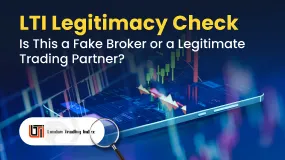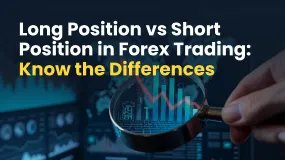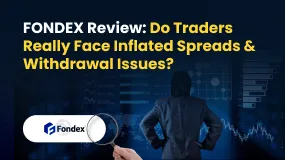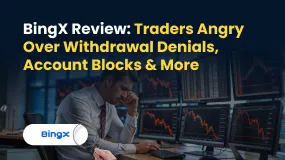Abstract:There are a number of factors, events and happenstances that move the Forex market in a most serious manner. These factors put together has been referred to severally as the fundamental analysis. In other words the fundamental analysis which comprises the daily Economic, social, political and crisis news/data are the chief factors that move the Forex market.
The basic events and factors which move the market daily (fundamentals) are included but not limited to the following:
A. Interest Rates
The interest rate determine whether traders will buy (invest) and preserve their value in a particular currency or sell off for another. The higher the interest rate the more investors come in and buy long. Will the lower the interest rate, then the more sell off by investors leading to further decline in currency value.
Similarly, the interest rate affects directly the amount of money in circulation. Generally, the Central Bank are known to lend money to commercial banks who will in turn pay back with set base interest rate. However, any increase in interest rate by the Central Bank will increase the price of the currency and limit the amount of money in circulation. This is because traders will no longer be willing to borrow at high interest rate and those who already possess the currency will preserve it and refuse to sell off. Any reduction in the interest rate will increase borrowing by both the commercial banks and private individuals. A lot of money will go into circulation thereby reducing the market value of the currency. Low interest rate only favors borrowing for investments without encouraging growth in productive engagements by the citizens which lowers the country's currency value.
Tapering/Quantitative easing
Tapering also known as Quantitative easing is a monetary policy whereby the Central Bank injects more money into the economy by buying government bonds and assets from private individuals this increases the amount of money in circulation and increasing the consumers spending. This in turn creates more jobs and grows the non financial economy. More people are able to invest, buy real estate and other physical assets. The only disadvantage is that the currency value is reduced across borders. The currency often depreciates against other Currency pairs in a long term. For instance if the US Fed adopts Quantitative Easing, the value of dollar will definitely fall against other pairs as Euro and Yen that have not applied same. Quantitative easing increases Inflation rate.
Inflations
Inflation means a fall in the currency value of a particular country. It is simply a strong decline in the purchasing power. Inflation here means a sudden rise in the prices of goods and services obtainable within a country due to over circulation of money. It is a very bad effect on the general economy across the border. Here the affected currency pair falls against other Currencies.
Employment data
Increase in unemployment is a very bad sign for the country's economy meaning Quantitative Easing and Inflation will be extended longer than usual. The employment rate data is measured by dividing the number of unemployed people by the economically active population for the previous month. The unemployment rate affects the currency of the country especially when the results of this calculation are not in line with the forecasted. Present state of the GDP
The gross domestic product shows the size of the national economy within the period of one year. GDP refers to the total number of finished products and services produced within the country within a year. Increase in GDP quarterly and annually will increase the currency value of that country in the Forex market.
Crisis/Violence
Crisis situation occurring suddenly within a country often slow down Economic activities. In case of violent crises, real assets and government properties are destroyed. Investors are immediately chased away and they in turn divert their investment to other Currencies leading to a fall in the currency value in the Forex market.
Epidermic
The sudden outbreak of communicable diseases within the country equally limits economic engagements. A clear example is the present Corona and Omicron epidermic that has greatly affected the global economy today especially the US. This often decreases the currency value of the affected country within the Forex market.
Political Events
Important political events such as elections, referendum, impeachment and international scandals greatly affects the country's currency value. When there is a poor political performance and expectations, the country's currency value depreciates drastically in the Forex market.
Finally, we have the technical analysis which shows the extent to which this movement initiated by the fundamentals could be expected to reach. While the fundamentals are the basic factors that move the market. The technical analysis are previous price actions (charts) which shows the extent of market movement in reaction to previous events and actions and helps to determine the possible extent of the current market movement initiated by the fundamentals.







